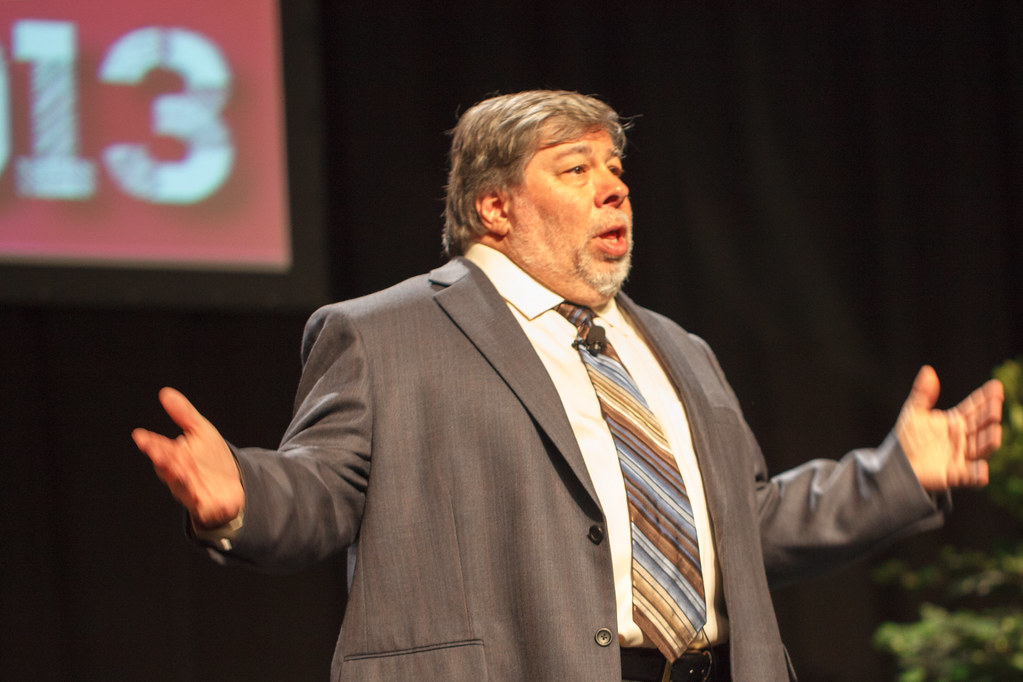In a world where the internet has become the new Wild West, a showdown is taking place in the courts that could redefine the responsibilities of online platforms. At the heart of this legal duel is none other than Apple co-founder Steve Wozniak, who is taking his fight against YouTube and its parent company, Google, to the highest levels. This is not just a story of a tech titan seeking justice; it’s a tale that could impact the very fabric of internet freedom and accountability.
Wozniak’s quest began when scammers hijacked his YouTube channel and duped viewers into believing he was hosting a cryptocurrency giveaway. The scam promised that anyone who sent crypto to a specified account would receive double in return. Instead, victims were left with empty wallets, and some reportedly lost their life savings. The emotional and financial toll of these scams is undeniable, with Wozniak himself receiving messages from individuals blaming him for their losses. It’s a stark reminder of the real-world consequences of online fraud.
The legal battle hinges on Section 230 of the federal Communications Decency Act, a shield that has long protected internet companies from liability for content posted by third parties. This law, enacted to foster a vibrant internet, has allowed platforms to make editorial decisions without the fear of endless litigation. However, the question now is whether this protection extends to platforms that, through their actions, may contribute to the perpetuation of scams.
In July 2020, Wozniak and 17 other plaintiffs filed a lawsuit alleging that YouTube knew about such scams and failed to prevent them. The trial court initially dismissed the complaint, citing Section 230’s immunity. However, the plaintiffs persisted, adding more detail to their allegations and introducing claims for breach of implied contract and promissory estoppel. Despite these efforts, the trial court remained unmoved, dismissing the case once more.
The turning point came from the California Court of Appeal, which identified a potential crack in the fortress wall of Section 230. The court found that YouTube’s issuance of a verification badge to the scammers could be seen as a material contribution to the creation or development of the illegal content. This finding opened the door for the plaintiffs to amend their complaint and potentially show how the verification badges materially contributed to the illegal conduct.

The appeals court’s decision does not guarantee victory for Wozniak and the other plaintiffs, but it does offer a glimmer of hope. It allows them to seek discovery, which could uncover the algorithms and internal processes that led to the verification of the fraudulent accounts. This is a significant step forward in the fight against online scams and could set a precedent for holding platforms accountable for their role in such schemes.
Wozniak’s determination to take this lawsuit as far as he can is not just about seeking justice for himself and the other victims. It’s about challenging the status quo and demanding that tech giants take responsibility for the content they endorse, directly or indirectly. As Wozniak himself put it, when there’s a crime going on, there’s a duty as a citizen to stop it. This lawsuit is his way of doing just that.
The outcome of this legal battle could have far-reaching implications for the future of internet regulation. If Wozniak’s claims are successful, it could lead to a reevaluation of Section 230 and potentially more stringent requirements for platforms to prevent and address fraudulent activities. As the case progresses, all eyes will be on the courts to see whether they will uphold the status quo or pave the way for a new era of digital accountability.





